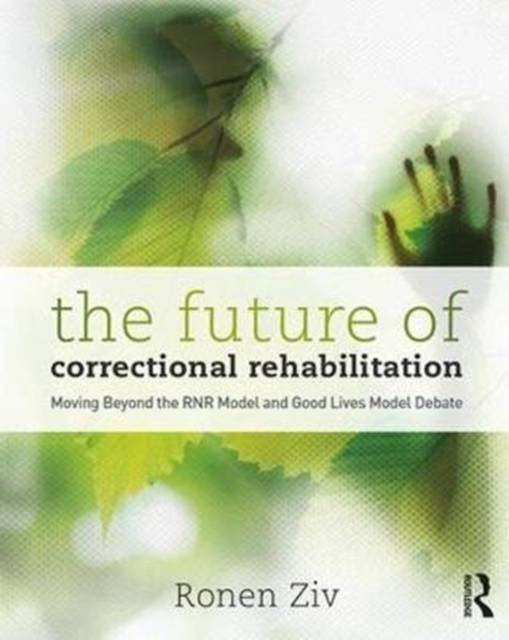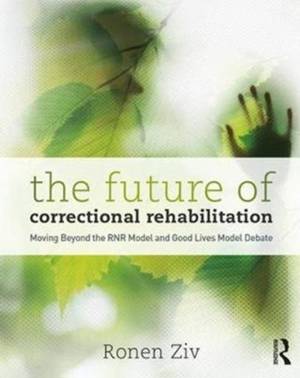
- Retrait gratuit dans votre magasin Club
- 7.000.000 titres dans notre catalogue
- Payer en toute sécurité
- Toujours un magasin près de chez vous
- Retrait gratuit dans votre magasin Club
- 7.000.0000 titres dans notre catalogue
- Payer en toute sécurité
- Toujours un magasin près de chez vous
The Future of Correctional Rehabilitation
Moving Beyond the Rnr Model and Good Lives Model Debate
Ronen ZivDescription
In the aftermath of Martinson's 1974 "nothing works" doctrine, scholars have made a concerted effort to develop an evidence-based corrections theory and practice to show "what works" to change offenders. Perhaps the most important contribution to this effort was made by a group of Canadian psychologists, most notably Donald Andrews, James Bonta, and Paul Gendreau, who developed a treatment paradigm called the Risk-Need-Responsivity (RNR) model, which became the dominant theory of correctional treatment. This approach was more recently challenged by a perspective developed by Tony Ward, Shadd Maruna, and others, called the Good Lives Model (GLM). Based in part on desistance research and positive psychology, this model proposes to rehabilitate offenders by building on the strengths offenders possess. GLM proponents see the RNR model as a deficit model that fixes dynamic risk factors rather than identifying what offenders value most, and using these positive factors to pull them out of crime.
Through a detailed examination of both models' theoretical and correctional frameworks, The Future of Correctional Rehabilitation: Moving Beyond the RNR Model and Good Lives Model Debate probes the extent to which the models offer incompatible or compatible approaches to offender treatment, and suggests how to integrate the RNR and GLM approaches to build a new and hopefully more effective vision for offender treatment. A foreword by renowned criminologist Francis T. Cullen helps put the material into context. This book will be of much interest to scholars and students studying correctional rehabilitation as well as practitioners working with offenders.







